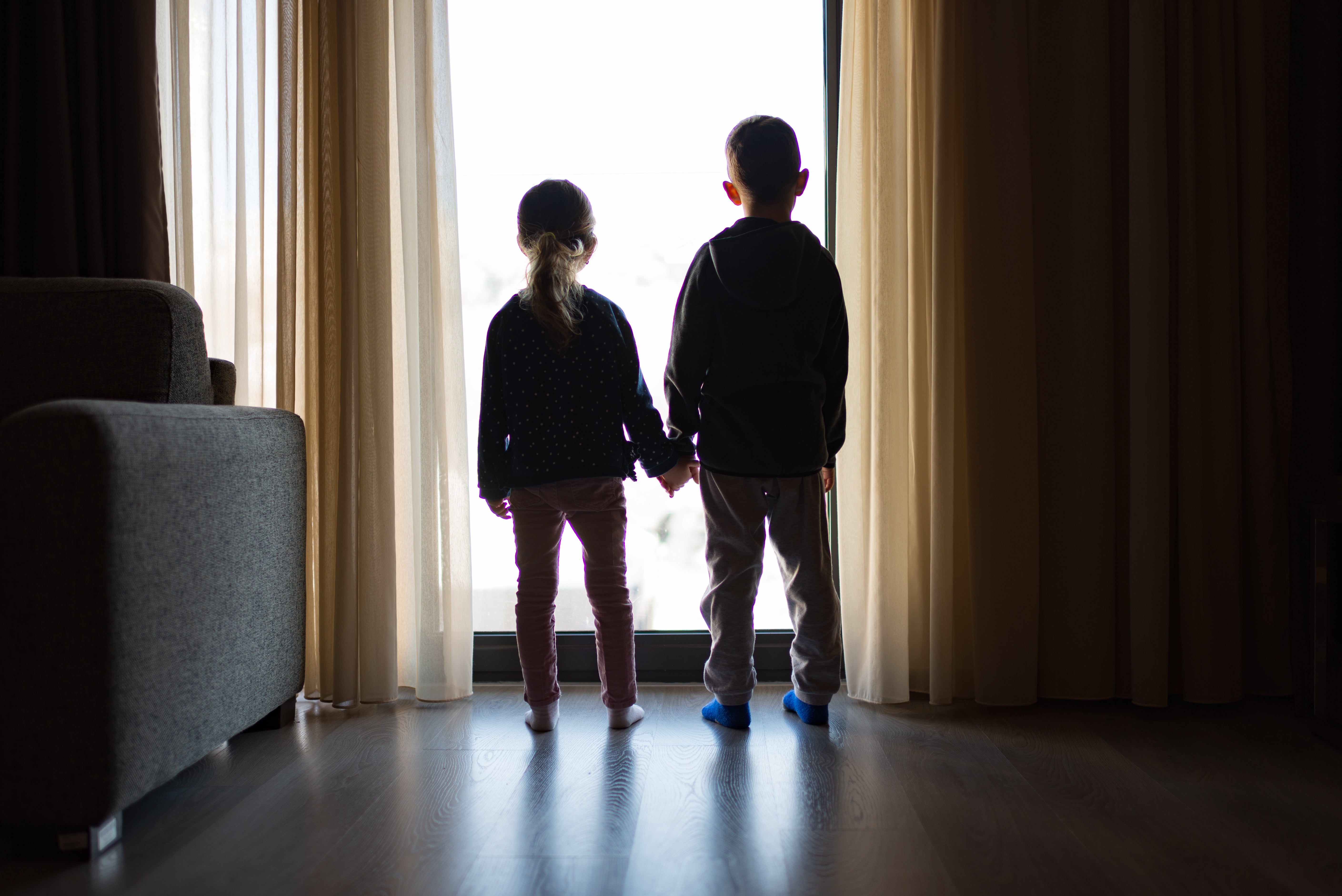Kids in handcuffs seems shocking – but it’s happening more than you think
When it comes to children in care, there are major regulatory gaps, writes Sarah Champion MP


The harrowing footage of a 15-year-old teenage boy being viciously restrained and handcuffed by civilian security in a pharmacy recently was truly shocking. It left me angry and upset, and it seems to show such a clear abuse of power.
Public discourse around marginalised groups and identities often omits the uniquely vulnerable status of children – they lack autonomy and are ultimately subject to the whims and actions of adults around them.
The United Nations Convention on the Rights of the Child clearly sets out that children are supposed to be protected from violent treatment. Seeing a child being subjected to such cruel and humiliating behaviour is shameful in modern Britain, and totally at odds with the idea that we are a progressive and tolerant nation.
Looking beyond the chilling behaviour of those involved in the incident, it also raises serious concerns that such a violent action was undertaken by civilian security staff, who were not even members of the police.
While the brutal restraint of children is unacceptable outside of the most exceptional circumstances (where there is a genuine threat of violence), the handcuffing of children by non-police staff as a restraint management technique raises all sorts of questions about safety, regulation, and what processes are in place to protect children.
The physical restraint of children, including by non-police staff, is something that occurs in care, health, and educational settings. In 2017, a freedom of information request sent by BBC Radio’s 5 Live Investigates to local authorities in England, Scotland, and Wales found that 13,000 physical restraints had occurred in schools in the preceding three years, resulting in 731 injuries.
Appallingly, this was only after less than a fifth of local authorities responded, indicating that there’s a good chance this issue is even more widespread.
Similarly, in healthcare settings, NHS Digital found in a 2019 report that there had been 770 incidents of children with a learning disability being subjected to physical restraint.
While these statistics on physical restraint are incredibly worrying, and suggest serious institutional failures in protecting children’s rights, there is at least some transparency over the scale of the issue.
When it comes to children in care, there are major regulatory gaps around restraint. As it stands, there is currently no statutory regulation in the UK that regulates the restraint of children in care by transport providers who take children in care from one setting to another (for example, from a children’s home to a hospital).
This means that there are transport providers who are handcuffing some of the most vulnerable children in our society, and there isn’t even any requirement for them to record that they’ve done so, meaning that the scale of this issue can’t even be accounted for. And these are children who haven’t been accused of any crime; they are simply vulnerable children in care.
The Hope Instead of Handcuffs campaign has been working to plug this data gap, and to bring statutory change across the UK, meaning that restraint would only be used as an absolute last resort, and would be recorded and monitored. They have had success in securing a change in the guidelines from the Welsh parliament, but we need statutory regulations on this in every UK nation.
We also cannot ignore the context in which these institutional restraints are occurring, when we know that institutional racism is seriously affecting children from Black, Asian and minority ethnic communities.
The NSPCC lays out how “adultification is a form of bias where children from Black, Asian and minoritised ethnic communities are perceived as being more ‘streetwise’, more ‘grown up’, less innocent and less vulnerable than other children. This particularly affects Black children, who might be viewed primarily as a threat rather than as a child who needs support.”
These institutional racist biases and perceptions mean that some children are exceptionally vulnerable to the often violent and barbaric practice of physical restraint.
We need to bring about institutional reform and greater regulation to protect children from this egregious practice, which has been condemned by the Children’s Commissioner and the UN Committee against Torture, and in the UN Convention on the Rights of the Child.
Sarah Champion is a British Labour Party politician who has served as the member of parliament for Rotherham since 2012






Join our commenting forum
Join thought-provoking conversations, follow other Independent readers and see their replies
Comments